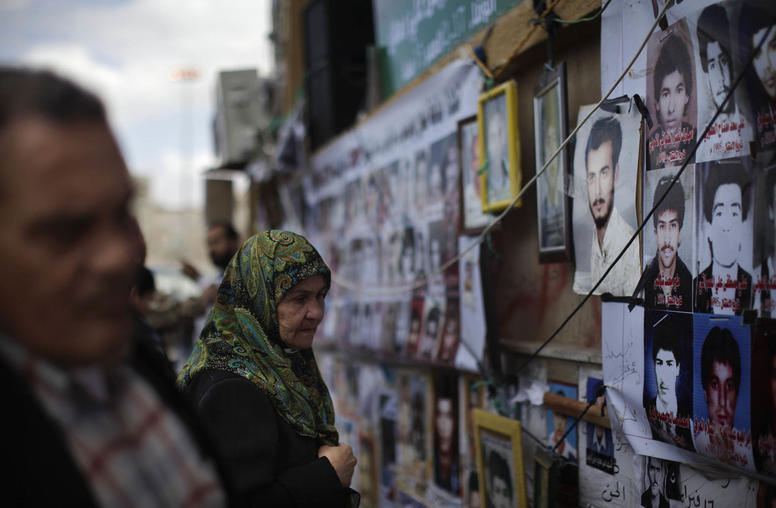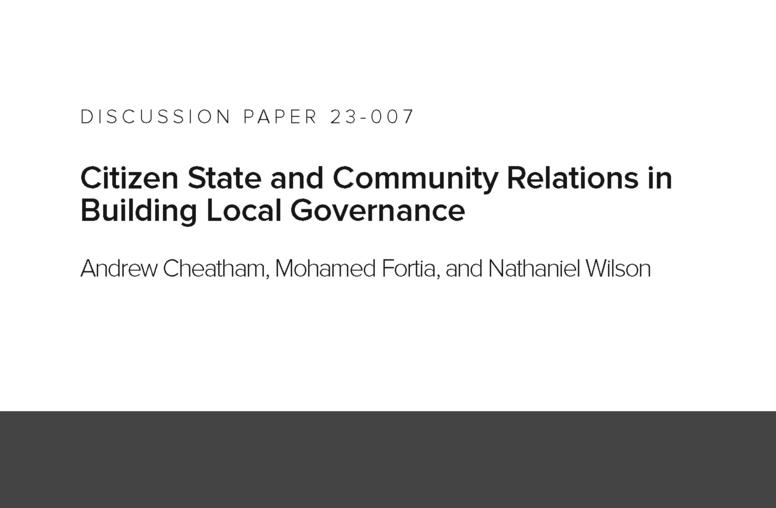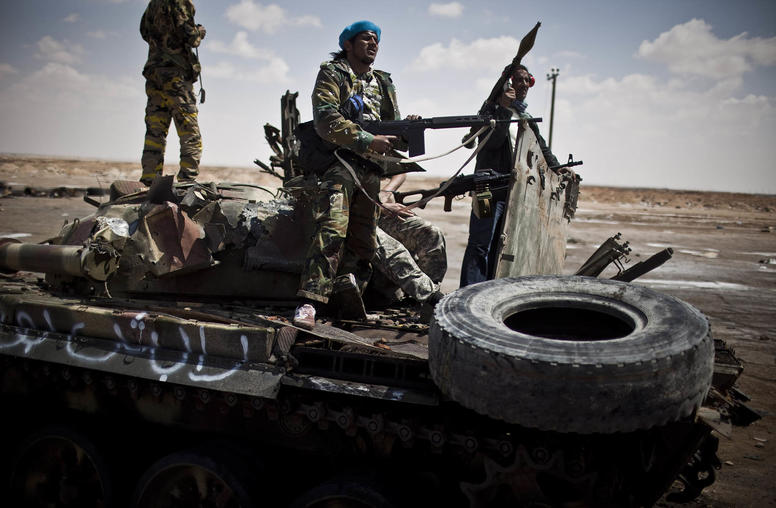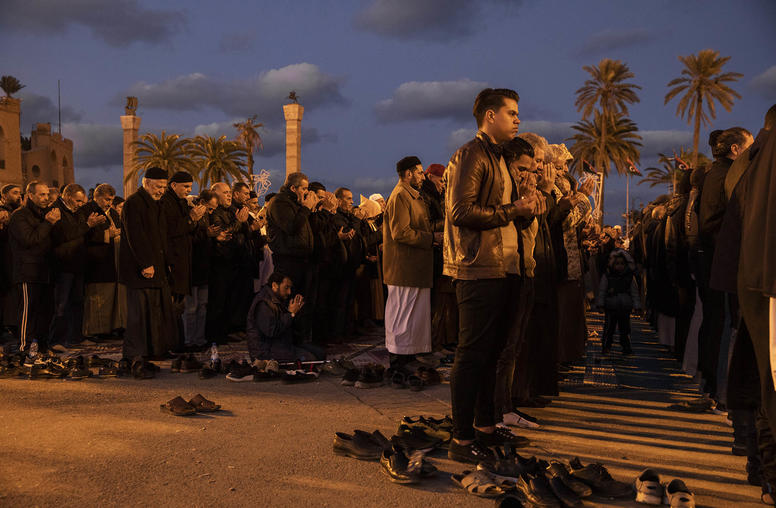Twitter Chat on Security and Justice in Libyan Communities (#USIPLibya)
Read the Event CoverageThe U.S. Institute of Peace hosted a May 4 Twitter chat with scholars and Libyan activists on the state of security and justice in Libya.
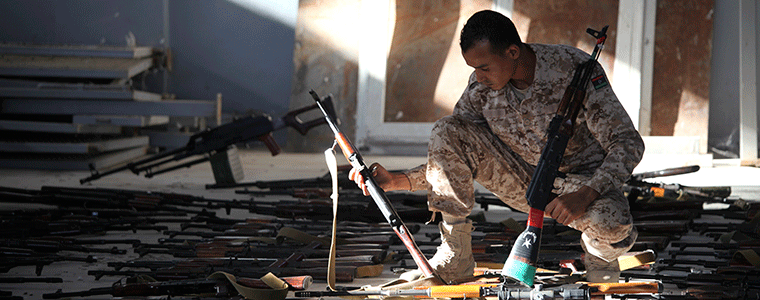
The United Nations is working to mediate an end within weeks to the factional fighting that has killed thousands of Libyans and added to the rising crisis of migrants fleeing through the country to Europe. But we hear few Libyan voices on the critical issue of assuring the justice and security necessary to restore peace. How much do Libyan citizens feel vulnerable to violence? Are police and courts functioning? Are they overshadowed by factional militias? To what degree do Libyans feel safe or vulnerable? Can they get access to fair systems to resolve disputes?
On May 4, the U.S. Institute of Peace hosted Libyan civil society activists and journalists, with international scholars, for a conversation on Twitter about how Libyans’ experiences of security and justice affect the national peace process.The hashtag for the chat was #USIPLibya. For more on this topic, read USIP's new Peaceworks, "Perceptions of Security in Libya: Institutional and Revolutionary Actors."
The chat focused on the following five questions:
- What are the perceptions of justice and security in Libyan communities?
- What roles are police and courts playing in providing justice and security?
- What roles are “informal justice actors” (from outside the police and courts) playing?
- What are the criminal threats to Libyan communities and what are their trends?
- What opportunities exist to improve justice and security?
Speakers
- Fiona B. Mangan (@FionaBMangan)
Senior Program Officer, Rule of Law, Center for Governance, Law and Society - Christina Murtaugh (@murfrog)
Senior Program Officer, Rule of Law, Center for Governance, Law and Society
